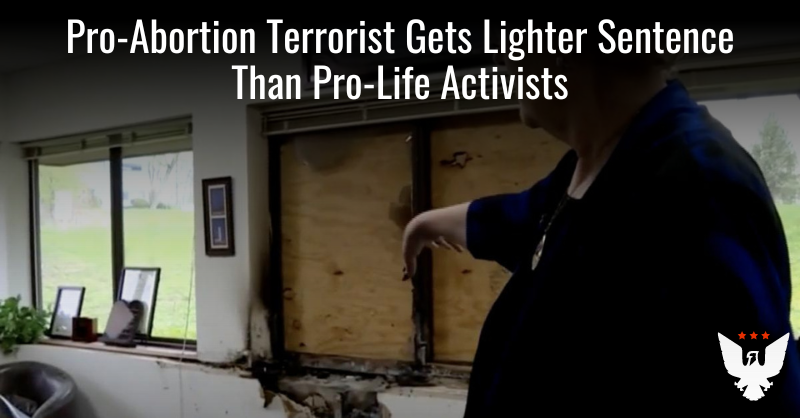In , six individuals advocating for the pro-life cause were found guilty of breaching the federal regulations by obstructing the entrance to an abortion facility in Mt. Juliet, Tennessee in 2021. The FACE Act, established during President Bill Clinton’s tenure, addresses actions involving violence, threats, damage, or obstruction aimed at harming, intimidating, or impeding the access to seek, receive, or provide abortions.
These activists, through a peaceful demonstration that involved hymns and prayers, now confront the possibility of over ten years in prison, three years of supervised release, and fines amounting to up to $260,000.
On a different note, Hridindu Sankar Roychowdhury, identified as a pro-abortion extremist, received a 7.5-year prison sentence (minus time already served) along with three years of supervised release for a single count of malicious destruction by fire or explosives of property engaged in interstate commerce. The sentencing, delivered by a U.S. District Court judge appointed to the Western Wisconsin District by President Barack Obama, was perceived as lenient compared to the severity of Roychowdhury’s actions as described by federal prosecutors. Legal experts suggest that with good behavior and time served, Roychowdhury may only serve five years.
According to U.S. Attorney Timothy M. O’Shea for the Western District of Wisconsin, Roychowdhury’s arson was classified as an act of domestic terrorism, emphasizing the commitment of the U.S. Department of Justice and the U.S. Attorney’s Office, in collaboration with local and federal law enforcement agencies, to hold domestic terrorists accountable.
The Justice Department’s stringent approach towards pro-life activists accused of domestic terrorism is evident in the case of Mark Houck and his family. They were subjected to an FBI raid and arrested on FACE Act charges in 2022. Despite a unanimous acquittal by a Philadelphia jury, the Houck family’s encounter with law enforcement was described by Ryan-Marie Houck, Mark’s wife, as a distressing event involving a significant law enforcement presence at their residence.
In contrast, individuals advocating for abortion resorted to extreme measures such as targeting Supreme Court justices, with one incident leading to an arrest outside Justice Brett Kavanaugh’s residence on charges of attempted murder. However, Attorney General Merrick Garland’s response to safeguard the justices in these situations was noted.
The sentencing disparities are evident when comparing cases like Tyler Massengill, who received a 10-year prison term for setting fire to a Planned Parenthood abortion facility in Peoria, Illinois, where fortunately, no individuals were present during the attack. The sentencing judge highlighted the inconvenience caused to women seeking abortions and various services, emphasizing the fear and distress inflicted on patients and employees of Planned Parenthood facilities.
The aftermath of the U.S. Supreme Court’s 2022 Dobbs ruling, overturning the Roe v. Wade decision, triggered a series of attacks against pro-life advocates and organizations. Roychowdhury’s involvement in an attack in Madison in May 2022, which was linked to a militant pro-abortion group named Jane’s Revenge, marked the beginning of a wave of incidents targeting pro-life entities. The subsequent arrest of Roychowdhury was facilitated by DNA evidence extracted from a discarded burrito, leading to revelations about the group’s motives and intentions.
The sentencing of Roychowdhury, characterized as an act of terrorism, was met with mixed reactions, with some perceiving it as an error in judgment rather than a deliberate act of violence. The sentencing judge’s leniency was criticized by Julaine Appling, president emeritus of Wisconsin Family Action, who advocated for a more severe punishment considering the premeditated nature of the crime and the subsequent wave of attacks on pro-life organizations.
In conclusion, the judicial decisions and law enforcement approaches in cases involving acts of domestic terrorism reflect a disparity in justice, influenced by judicial discretion and the overarching strategies of law enforcement agencies within the politicized landscape of the Department of Justice.
